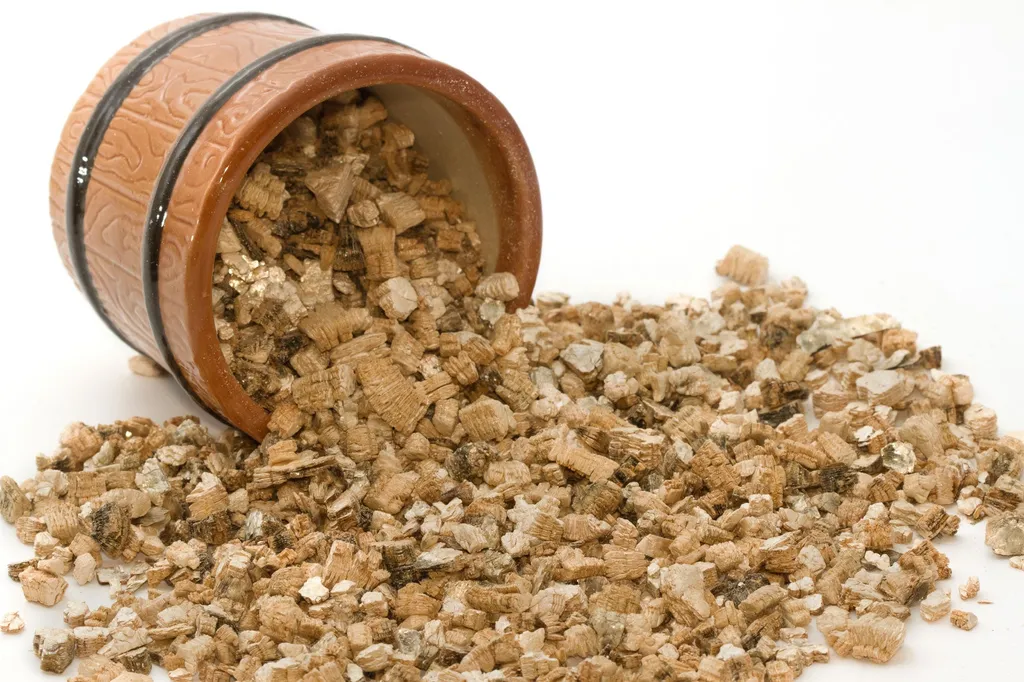ነሐሴ . 14, 2024 13:31 Back to list
Sustainable Wall Materials Providers for Eco-Friendly Construction Solutions and Home Design Innovations
Green Materials for Wall Suppliers A Shift Towards Sustainability
In recent years, the construction industry has experienced a significant paradigm shift towards sustainability. As environmental concerns continue to mount, builders, architects, and suppliers alike are increasingly prioritizing the use of green materials in their projects. Among these, wall materials are a focal point, given the prominent role of walls in both construction and energy efficiency. This article explores the importance of green materials for wall suppliers, the benefits they offer, and the promising alternatives available today.
The Importance of Green Materials
Green materials, also known as sustainable or eco-friendly materials, are those that have a minimal impact on the environment. They are typically renewable, recyclable, or have low embodied energy, meaning they require less energy to produce and transport. For wall suppliers, incorporating green materials is not just a trend—it's a vital part of addressing the construction industry's carbon footprint.
As consumers become more environmentally conscious, there is an increasing demand for sustainable building practices. This shift is largely driven by a combination of regulations, certifications such as LEED (Leadership in Energy and Environmental Design), and a growing awareness of global issues like climate change and resource depletion. Wall suppliers who adapt to this trend not only meet market demands but also enhance their competitive advantage and contribute to a healthier planet.
Benefits of Using Green Wall Materials
1. Energy Efficiency Green wall materials often provide better insulation compared to traditional options. For instance, materials like insulated concrete forms (ICFs) or straw-bale walls can significantly reduce energy consumption in buildings, leading to lower utility bills and a reduced carbon footprint.
2. Healthier Indoor Environment Many conventional building materials release harmful volatile organic compounds (VOCs) into the air, affecting indoor air quality. In contrast, green materials such as natural wood, bamboo, or recycled products tend to be non-toxic, promoting a healthier living environment for occupants.
3. Durability and Maintenance Many sustainable wall materials are designed to be long-lasting and require minimal maintenance. For example, fiber-cement siding or treated wood can withstand harsh weather conditions better than traditional materials, reducing the need for frequent repairs or replacements.
green materials for walls suppliers

4. Waste Reduction Utilizing recycled materials can significantly decrease the amount of waste generated in construction. Suppliers can offer products made from reclaimed wood, recycled metal, or other salvaged materials, further supporting the sustainability of the industry.
Promising Alternatives for Wall Suppliers
With the rise in demand for green materials, suppliers have access to a burgeoning array of options
- Recycled Steel Steel is one of the most recycled materials in the world, and using recycled steel for wall framing or siding can drastically cut down on energy use and emissions.
- Bamboo Known for its rapid growth and sustainability, bamboo is a strong and versatile material that can be used for wall panels. It is not only eco-friendly but also aesthetically pleasing.
- Rammed Earth This ancient building technique involves compacting a mixture of soil, gravel, and clay to create durable walls. Rammed earth structures offer excellent thermal mass and are increasingly popular in sustainable architecture.
- Hempcrete Made from hemp fibers and lime, this eco-friendly material is lightweight, insulating, and carbon-negative, making it an excellent choice for environmentally conscious builders.
Conclusion
As the construction industry continues to evolve, the adoption of green materials for walls is no longer optional but essential. Suppliers who embrace this shift not only contribute to a more sustainable future but also position themselves as leaders in an increasingly competitive market. By offering innovative, eco-friendly alternatives, they can meet the demands of environmentally conscious consumers while playing a crucial role in reducing the overall impact of construction on our planet. The path to a sustainable future begins with the materials we choose—starting with our walls.
-
High-Quality Fe-C Alloy Leading Manufacturers & Spherical Alloy Materials Supplier
NewsJun.10,2025
-
Premium Low Nitrogen Recarburiser Supplier & Manufacturer – High Quality Exporters
NewsJun.10,2025
-
DT4 High-Quality Magnetic Materials Leading DT4 Manufacturer & Supplier
NewsJun.10,2025
-
High-Performance Spring Steel Suppliers Custom Solutions
NewsJun.10,2025
-
Premium SWRCH6A Manufacturer Steel Wire Supplier & Factory
NewsJun.10,2025
-
Premium Mild Steel Wire Rod Supplier & Manufacturer
NewsJun.10,2025
